These Fish Have Abilities that Can Literally Stun You
71% of the Earth is covered in water,
and according to scientists, it's where all life began. The seas,
rivers and lakes are teeming with life; beautiful, fascinating and
sometimes ugly and terrifying, but some of these water dwellers also
have unbelievable abilities!
|
|
1. Archerfish – This
fish got its name from its habit to hunt land-based insects by shooting
an “arrow” of water up in the air and scooping the fallen prey. They
can be found in the Indo-Australia region.
|
 |
|
2. Jawfish – Jawfishes are “mouthbrooders”, meaning that they collect and keep their eggs in their mouths. This is done to protect them from predators. The young will remain inside the parent's mouth until they're large enough to fend for themselves.
|
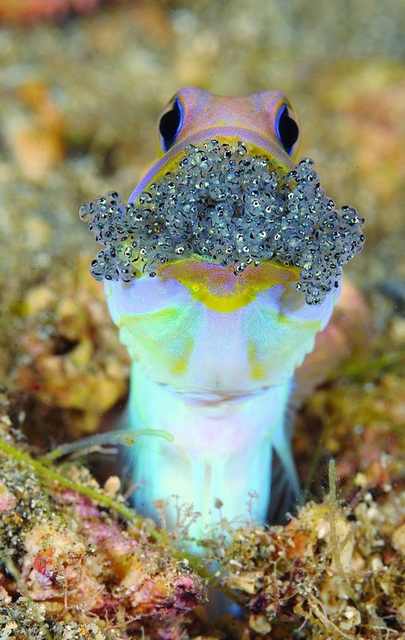 |
|
3. Mudskipper –
Completely amphibious and aptly named, these fish prefer muddy river
banks, and besides walking out of the water, they can perform little
skips. They do not have lungs, so when they’re out of the water, they
actually breath through their skin!
|
 |
|
4. Sockeye Salmon (Red Salmon)
– Found in the north Pacific Ocean, these fish spawn in fresh water.
When they become adults, they migrate to the ocean, for distances of
over 1600Km (1000 Miles). When they’re ready to reproduce, they will
return to their spawning spot, using a type of internal compass that
depends on the Earth’s magnetic fields.
|
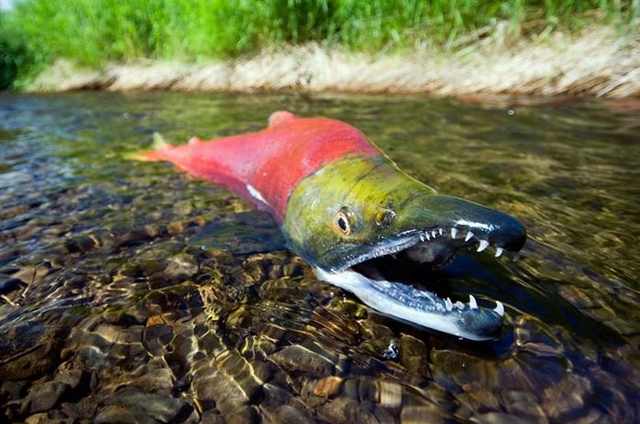 |
|
5. Goliath Tigerfish –
Found in Africa, the Goliath Tiger fish are predators (I mean, look at
those teeth!) that usually hunt in groups and have been known to even
jump and catch birds in mid-air.
|
 |
|
6. Pufferfish (AKA Blowfish) –
Pufferfish are very slow swimmers, so as a defense mechanism they
swallow a large amount of water, inflating themselves to a ball-shape
with many spikes, protruding from their skin. This is done as a warning
as well as to make it harder for a predator to fit them in its mouth.
Another (and highly effective) form of defense is their toxins. They are
considered the second-most toxic vertebrates in the world.
|
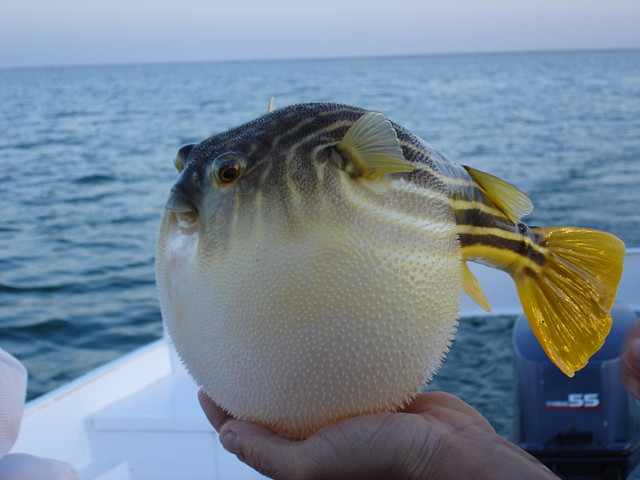 |
|
7. Parrotfish –
Comprised of about 90 species, parrotfish live in reefs, and feed on
hard corals. They make it to this list because when they’re done, they
poop it out as sand…
|
 |
|
8. Black Swallower –
A deep sea fish, the Black Swallower usually lives in depths of
700-2700 meters (2300-9000ft) which is quite impressive as is, but it’s
unique skill lies in its stomach; it can distend to accommodate prey
larger than the Swallower itself! In fact, the prey can be twice the
size of the Swallower and up to 10 times its mass! Incredible!
|
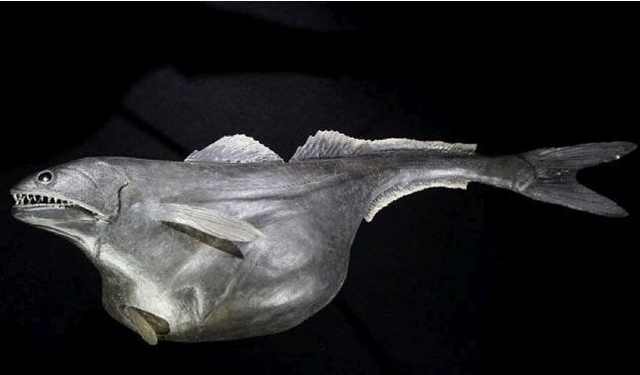 |
|
9. Hagfish –
Hagfishes have 2 brains, 5 hearts and a keen sense of smell. Their young
can choose their sex as they grow up, but that’s not why they’re on
this list; when agitated or threatened, the hagfish will produce a milky
slime from over 100 glands around its body. The slime is so sticky and
resilient that it’s been known to suffocate sharks and other predators
who had the misfortune of thinking a hagfish would make a good meal.
|
 |
|
10. Stonefish –
Stonefish are experts at camouflage, which is their main defense
mechanism (see the picture on the left). Their secondary defense is
their extremely potent venom which can be lethal to humans! |
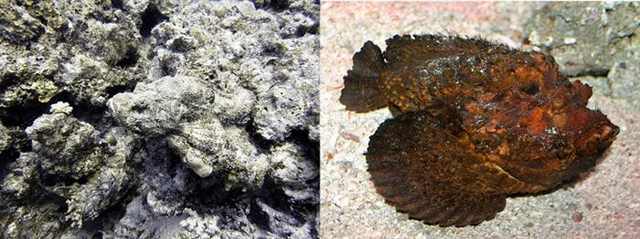 |
|
11. Sea Horse – Male
Sea Horses are the ones who get pregnant. When they mate, the female
injects her eggs into a special pouch in the male’s abdomen, which he
later fertilizes. The female then leaves but will return every morning through the duration of gestation to greet and interact with the male for about 6 minutes.
|
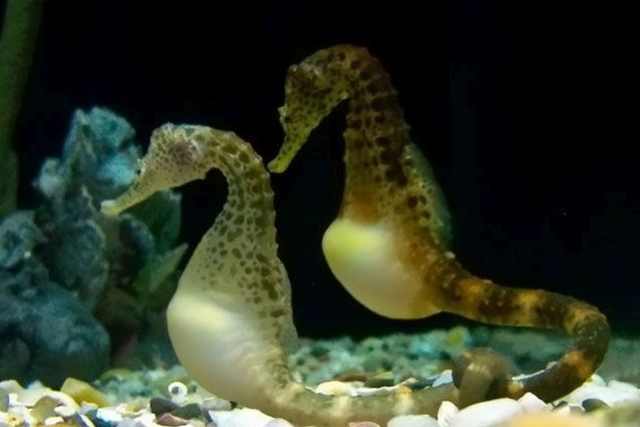 |
|
12. Clownfish –
These little cuties, made famous thanks to the film “Finding Nemo”,
spend their lives in anemones in symbiosis. They’re resilient to the
sting of the anemones, which provides them protection against predators,
and in turn, they clean the anemones from parasites. They make it to
this list because they can regularly change their sex to suit their
needs.
|
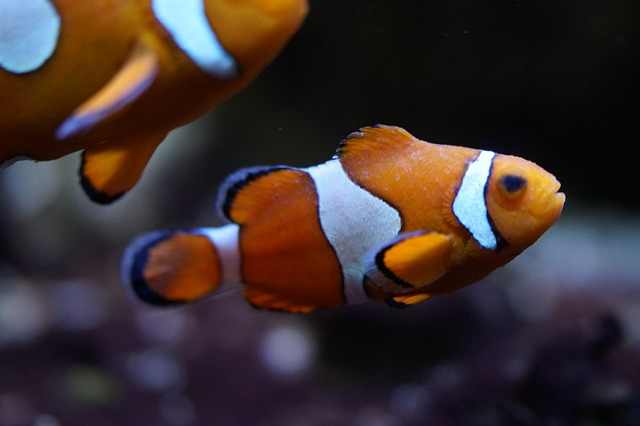 |
|
13. Electric Eel –
Despite its name, the Electric Eel is not really an eel but a knifefish.
It actually breaths air and must therefore surface every 10 minutes to
take a fresh breath. They possess a very developed sense of hearing,
which aids in hunting. An Electric Eel can produce a shock of up to 600
volts to stun fish (both for defense and offense), as well as to
communicate with other members of its kind.
|
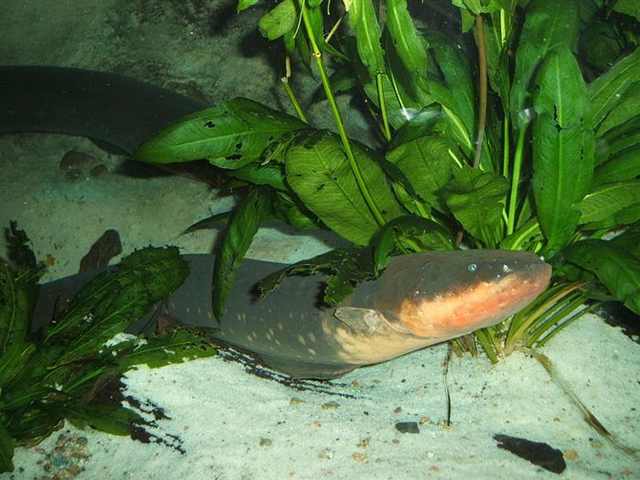 |
|
14. Antarctic Toothfish –
To be able to live and even thrive in the sub-freezing temperatures of
the water in the Antarctic regions, the Toothfish produces antifreeze!
|
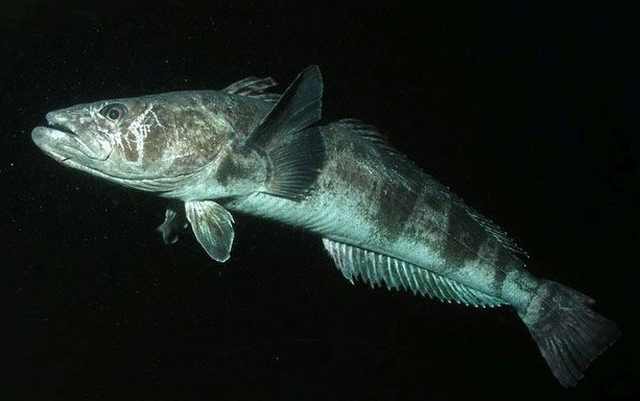 |
|
15. Sawfish (or Carpenter Sharks) –
An endangered species, the Sawfish has a protruding nose extension,
lined with transverse teeth which it uses to sense the heartbeat of
other fish when it hunts. |
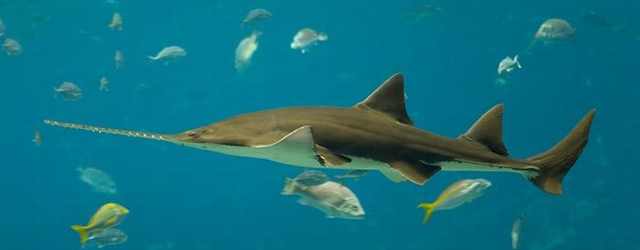 |
mercredi 27 août 2014
These Fish Have Abilities that Can Literally Stun You
Inscription à :
Publier les commentaires (Atom)
Aucun commentaire:
Enregistrer un commentaire